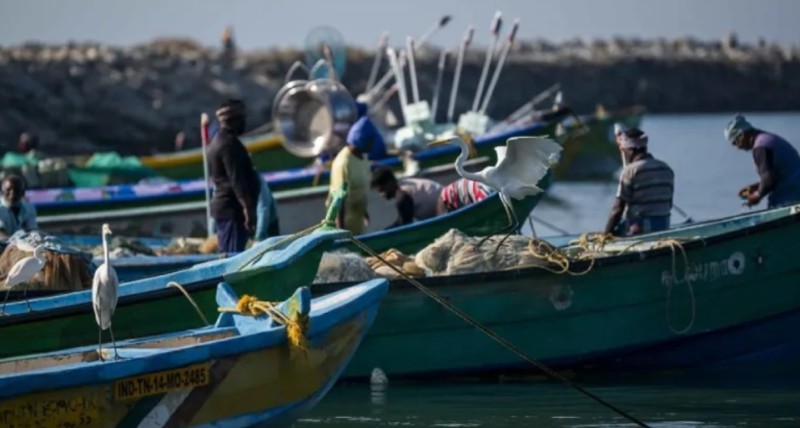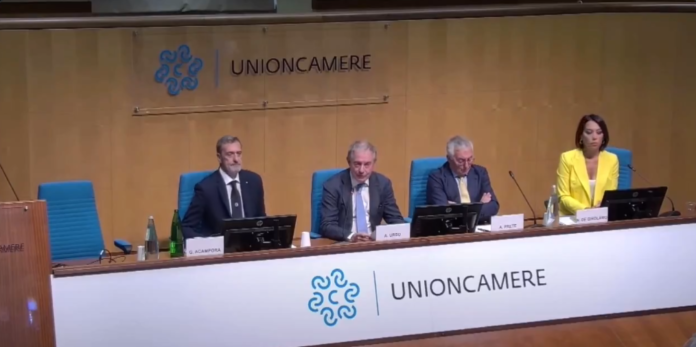The federal government, the world’s largest purchaser of goods and services, initially plans to stop using single-use plastics in its catering, events and packaging activities by 2027, before extending this to all its activities.
The US government intends to set an example in the face of the “plastic pollution crisis”. On Friday July 19, Washington announced a plan to phase out the use of single-use plastics in federal operations by 2035.
More than symbolic, this plan, the exact scope of which is to be specified at a later date in the US Federal Register, could have a significant impact on the plastics industry, limiting the pollution linked to its production, use and fate once it has been thrown away. The US federal government, which includes hundreds of agencies linked to various departments such as the FBI (police), the weather service and the armed forces, is the world’s largest purchaser of goods and services.
“Plastic and waste production has doubled over the past two decades, polluting our oceans, poisoning the air breathed by people living near manufacturing plants and threatening public health,” says Washington in a statement.
According to the plan, which is part of a broader framework to combat this scourge, the federal government will “gradually stop sourcing single-use plastics for its catering, events and packaging activities by 2027”, before expanding to all federal operations in 2035. In 2022, Joe Biden’s administration had already announced a similar measure for national parks and publicly owned lands.
Global treaty negotiations scheduled for November
The U.S. government’s 80-page strategy calls for action at every stage of the plastic life cycle, from production to reprocessing.
“We welcome the Biden administration’s commitment to phasing out single-use plastics,” said Christy Leavitt, head of the NGO Oceana, which estimates that some 15 million tonnes of plastic enter the oceans every year.
Some countries and environmental NGOs are calling for a sharp reduction in plastic production by 2040. However, oil-producing countries and industry lobbies are arguing more in favor of recycling.
A fifth and final round of negotiations for a global treaty to combat plastic pollution is due to take place in Busan, South Korea, in November. Without an ambitious, binding treaty, the NGO WWF predicts a tripling of plastic pollution in the oceans by 2040, with serious consequences for the environment and biodiversity.
Source: Le Monde



